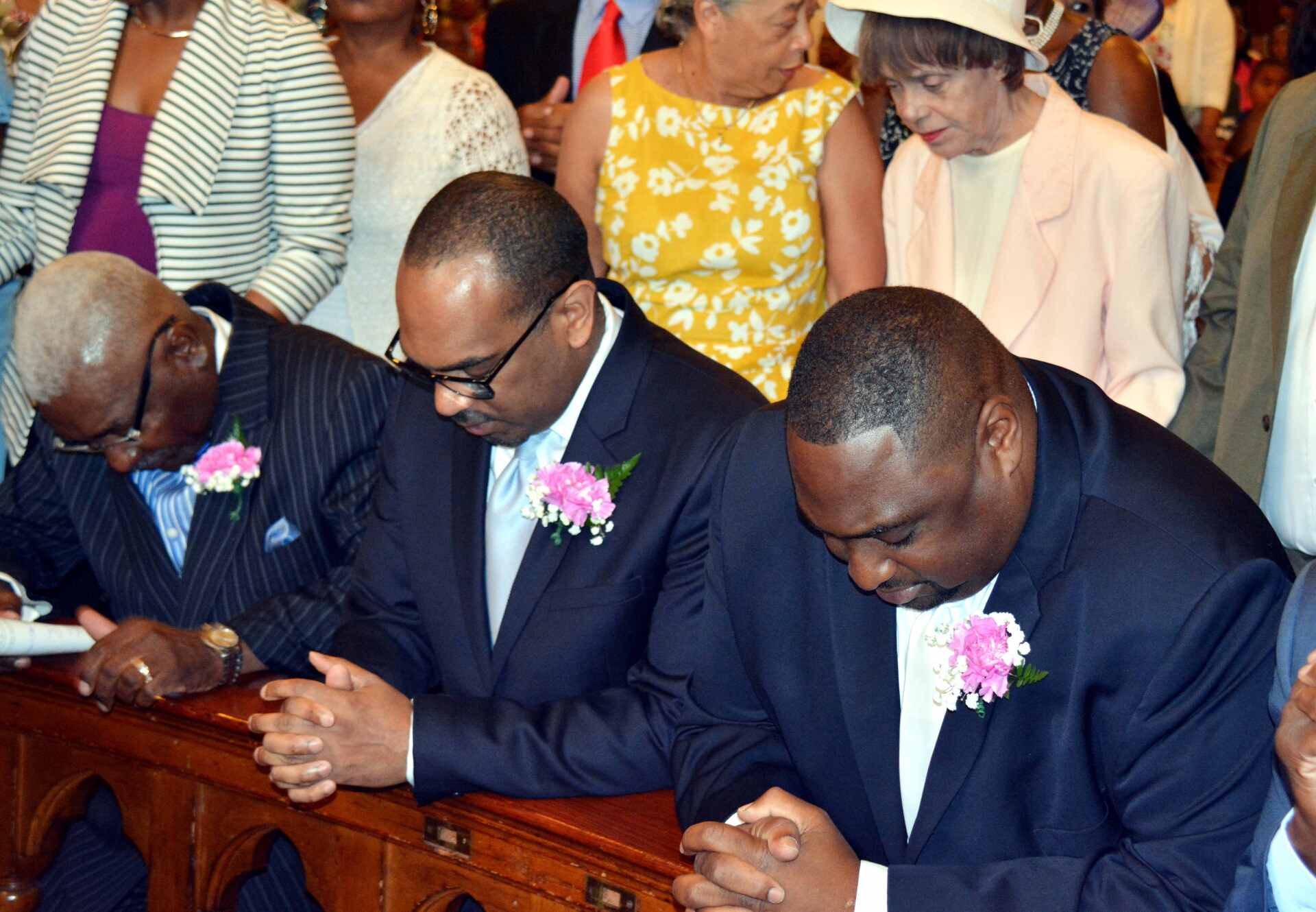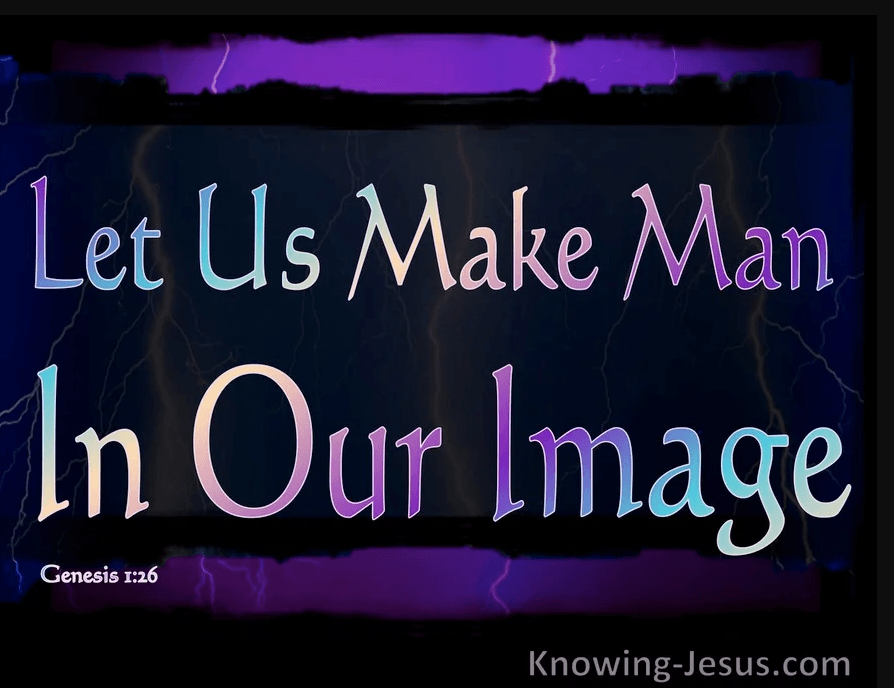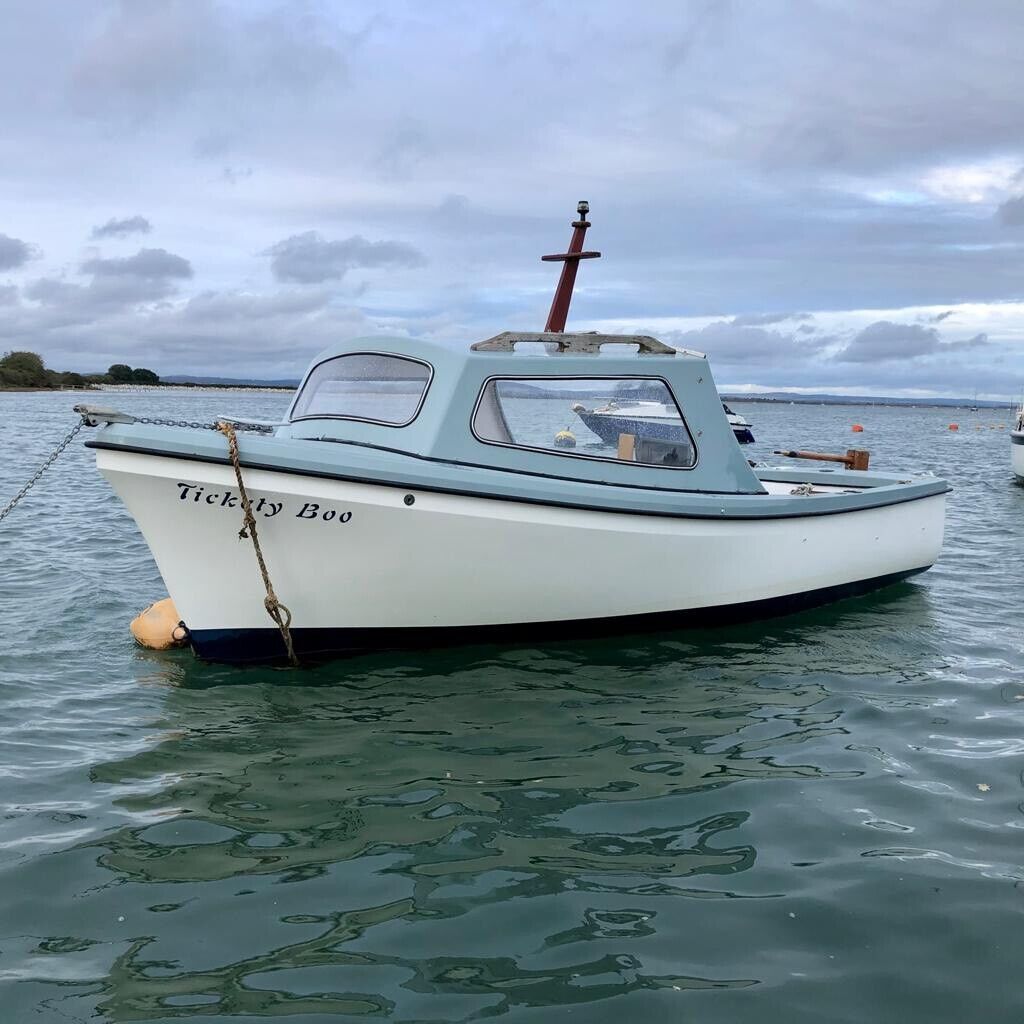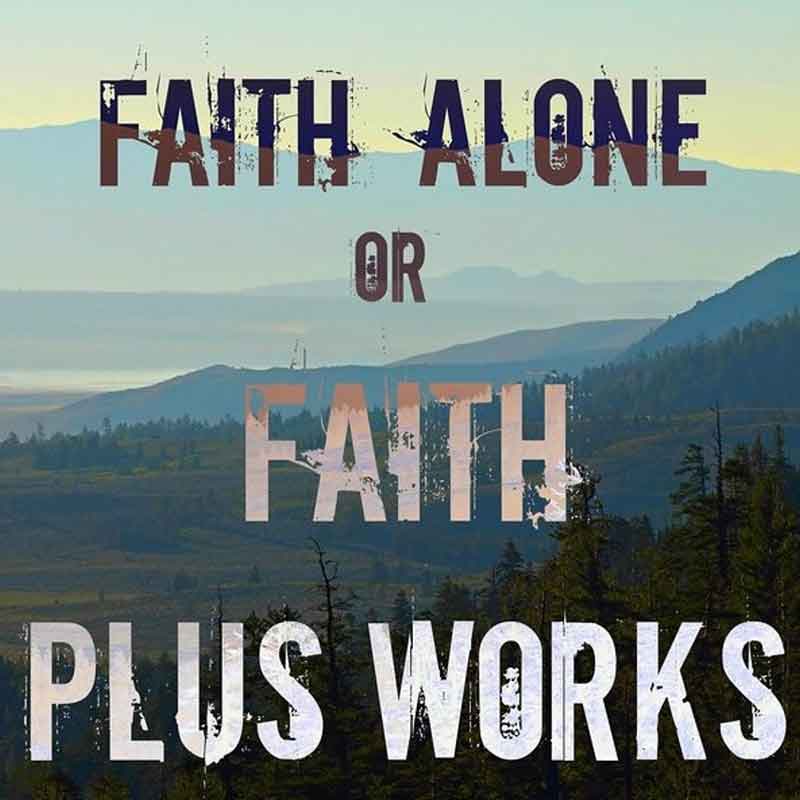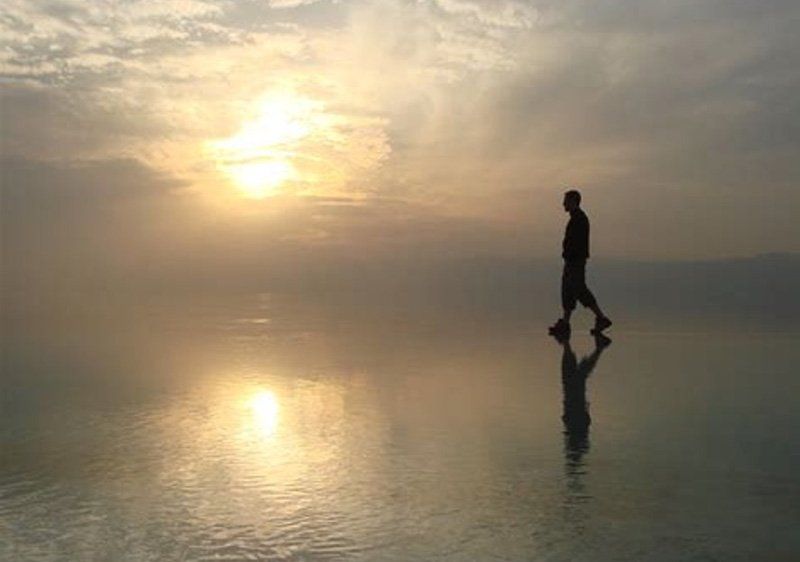September 8, 2021
He said, "Come." So Peter got out of the boat, started walking on the water, and came toward Jesus. But when he noticed the strong wind, he became frightened, and beginning to sink, he cried out, “Lord, save me!” Jesus immediately reached out his hand and caught him, saying to him, “You of little faith, why did you doubt?” Matthew 14.29-31 (NRSV) Matthew, Mark, and Luke each have record Jesus calming the storm (see the lesson for June 13). Only Matthew has this story of Jesus, and Peter, walking on the water. The Gospel of Matthew often features Peter as the model disciple, not because he is perfect but because his example is so teachable whether he does well or fairs poorly. Since we have already seen Jesus calm a storm (Matthew 8.26), in this lesson we can focus on Peter. We can say that Peter showed faith when he walked on water toward Jesus. But, we should also remember Peter’s bold, outspoken personality (Matthew 26.33). It fit his character to launch out before the other disciples as well as to become terrified and sink when he saw the high winds (8.30). Fortunately, when he cried out for help, Jesus was there to rescue him. There is some scolding in Jesus’ words, You of little faith, why did you doubt? (v. 31). The Greek word for doubt is “distazo.” It is not a thinking word, like “skeptical” or “cynical.” It is a physical word; it means “to hesitate,” “to vacillate,” “to be pulled in two directions.” It is what Elijah said to the people on Mount Carmel trying to worship Baal and Yahweh, How long halt ye between two opinions? (First Kings 18.21). Peter is not undecided, he is dually engaged, limping between his bold statement of faith and his actual condition of faith—he has overestimated one and underestimated the other. He believes, but not enough. He has “little faith.” On our faith journeys, we all begin with “little faith.” Faith does not grow because we become braver. Faith increases as we learn to trust God. Confidence comes with experience. Our experiences with God can grow a faith, “that shines more bright and clear when tempests rage without; that when in danger, knows no fear, in darkness, feels no doubt.” Reverend Steven B. Lawrence

